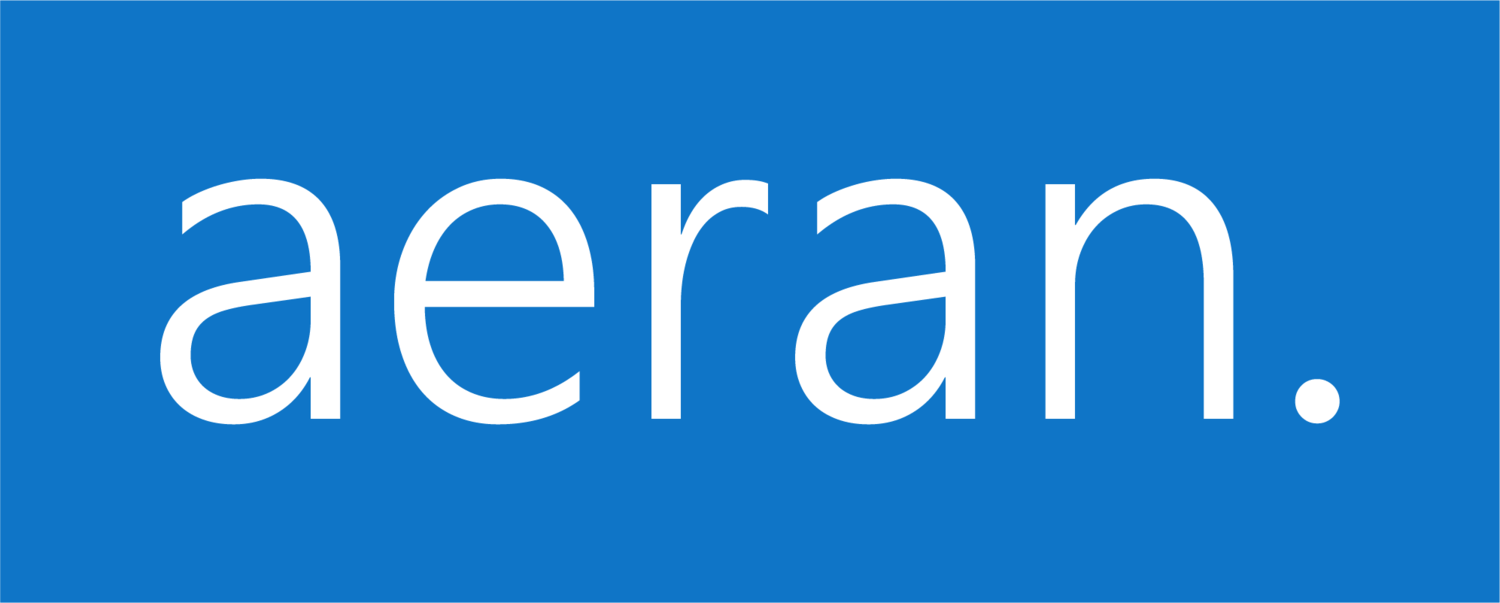This month the Disability Royal Commission held public hearings regarding guardianship, substituted and supported decision-making.
The evidence focused attention on the significant impact of appointing a substitute financial decision-maker on the rights of a person with disability. Thus the need for appropriate safeguards.
It’s therefore timely to consider when this right (to make financial decisions) can be returned to adults who have gained or regained this capacity.
My comments below are made in the the context of personal injury compensation.
Substitute decision-makers are often (appropriately) appointed by the court when compensation is payable to a child or an adult without financial capacity, for example after suffering a traumatic brain injury.
But how does this arrangement with the trustee end?
Child whose only incapacity is age
If funds are going to the public trustee for a child, purely because the child is under 18, then lawyers should encourage the parents to keep records of the initial transfer of funds, and to re-contact the public trustee in the lead up to the child turning 18.
Problems can arise if the public trustee doesn’t have contact details for the child, as they don’t have extensive resources to track people down.
Problems may also arise if interactions with the public trustee in the lead up to age 18 has given rise to doubts about capacity. So don’t assume that the money will automatically be released.
Private trustee companies tend to be more proactive in helping families in the lead up to a child turning 18. Ideally there will be plenty of communication to help ensure a smooth transfer of decision-making to the young adult, who may be interested in obtaining financial advice, or at least guidance.
Child with disabilities
Sometimes funds are directed to a trustee for a child who may or may not gain capacity to manage their own funds from age 18. It can sometimes be unclear what the options are and who needs to do what, where and how.
The three main situations we see are:
the court order makes clear that the trustee’s role will definitely end at age 18, so new orders need to be sought in the lead up to this birthday
the wording of the appointment is open ended, so the trustee’s role continues indefinitely until it is queried or challenged (as described below)
the court order makes clear that the trustee must provide evidence of capacity to the court in the lead up to the child turning 18.
When a child is approaching age 18, it’s good to review the wording of the court order to determine whether and what action is needed.
It’s a good opportunity to consider whether:
the child does have capacity to manage their own money now, or will or might in the future, with or without the benefit of financial advice
new orders can or must be made by a tribunal or the court, bearing in mind cost, ease of access, etc.
a change of trustee is appropriate (private, public or family member)
supported rather than substitute decision-making is an option.
Adult with disabilities
Depending on the jurisdiction, appointments of substitute decision-makers for adults may be:
open ended, such that they continue indefinitely until queried or challenged
subject to review (usually by a tribunal) usually every three years.
Whether orders are expressed to be open ended or subject to a fixed review term, it is open to a protected person (or someone on their behalf) to approach the court or tribunal at any time to prove capacity.
This is an important part of our justice system; to protect the human rights of people with disabilities.
The process for proving capacity needs to be clear, easy to navigate and not expensive.
Everyone involved (particularly family members, lawyers and trustees) has a role to play in ensuring that protected people are aware of their right to prove capacity.
This includes making funds available, as appropriate, to gather the necessary evidence of capacity and obtain appropriate legal advice.
Orders appointing substitute decision-makers are not set and forget.
